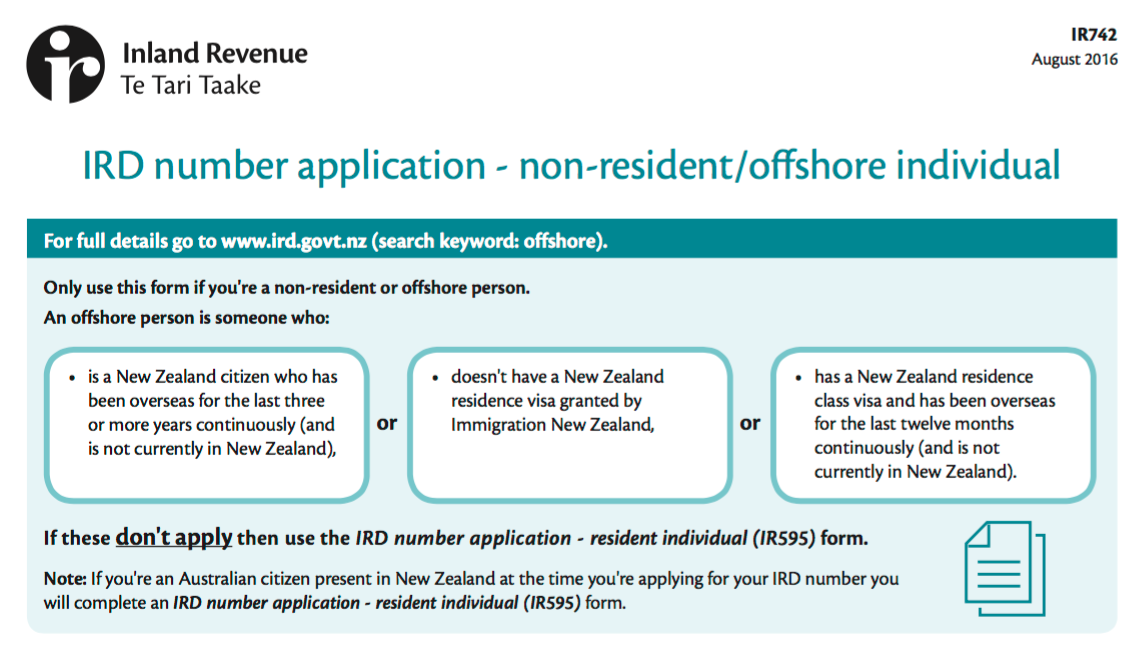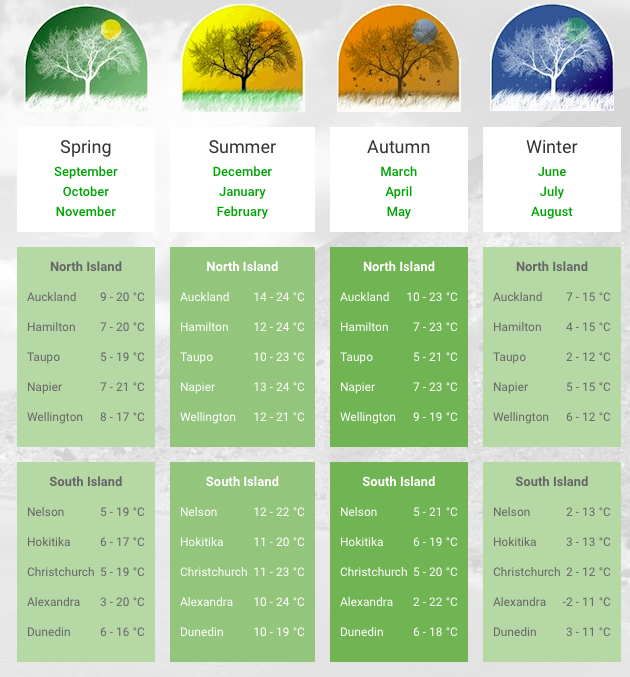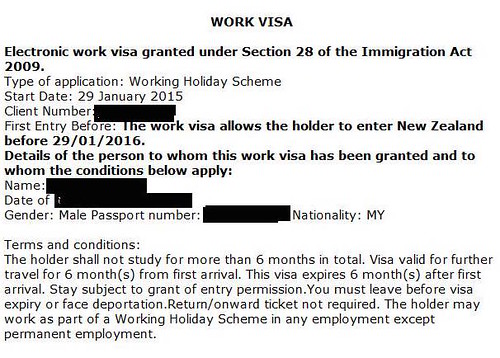
New Zealand Travel Expenses
With the money I earn during my working holiday, will I able to cover my travel expenses? What are the travel expenses in New Zealand?
New Zealand Travel Expenses
Your travel expenses is depending on your traveling style and what are your MUST do list. It is realistic to set a spending from NZD 75 to NZD 100 per day, for your food, travel and accommodation needs.
Accommodation & Food In New Zealand
A hostel in New Zealand cost about NZD 25-NZD 35 per night, and a motel around NZD 130 per night. The cost of eating out with a ala-carte meal is range from NZD 10 to NZD 20. A cup of coffee is approximately NZD 5, and a beer is NZD 7.50.
Therefore, if you are a budget traveller, hostel and cook your own meal are the best choice. You can get all your food and other necessities in big supermarkets, such as Countdown, Pak N Save.
Getting Around New Zealand
There are many ways to get around. You can self drive, take a public transport or simple cycle your way! New Zealand buses are very convenient. You can get bus passes, or grab promo tickets to plan your own route. Spend about NZD 500 for 20 trip bus + ferry with Naked Bus, or grab their NZD 1 tickets during promotion.
Must Do Activities
Most of the adrenalin or breath taking activities mark its selling price at NZD 100 and above. For example, the glacier heli hike (NZD 449), the bungee jump (NZD 320), the fly your own aeroplane (NZD 199), the white water rafting (NZD 229), the skydiving (NZD 399) and the list goes on and on. So, list out your must do list, and plan it according to your budget.
If you don’t have any money of it, don’t worry, hiking or jungle trekking is free of charge. On foot, is the best way to access to tourist-less spots, where you can have the whole magnificent view by yourself.







